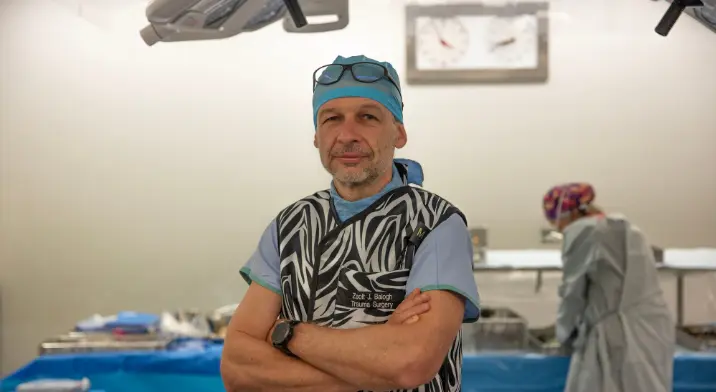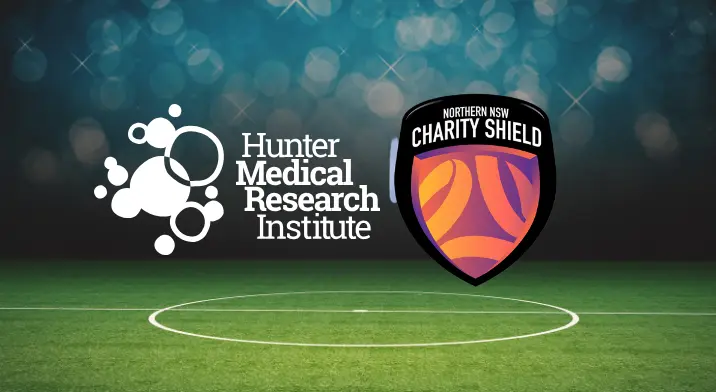Dr Danielle Bond is a Lecturer at the University of Newcastle’s School of Biomedical Sciences and Pharmacy. She is based at the University of Newcastle Callaghan campus and is a HMRI Precision Medicine Research Program member. Dr Bond’s research is focused on exploring the epigenetic changes that occur in cancer patients following drug treatment. This includes conducting ground-breaking research into the emerging role of the tumour microenvironment on prognosis, treatment response and resistance.
Dr Bond completed her PhD (medical biochemistry) at the University of Newcastle in 2015, exploring post-transcriptional regulation of genes involved in cancer metastasis in breast and prostate cancers. From 2015 to 2017, Dr Bond tested novel, natural and synthetic compounds, such as Vietnamese medicinal plants, as anti-pancreatic cancer agents with Professor Chris Scarlett.
In 2018, Dr Bond joined the Cancer Epigenetics group as a postdoctoral scientist, led by Dr Heather Lee. Her role involved using cutting-edge single cell sequencing technology to test epigenetic processes such as DNA methylation and gene expression in Leukemia patients following treatment with cancer therapies. Dr Bond also undertook research to identify novel markers that could predict patient prognosis and response to current cancer treatments.
Dr Bond has received grant funding from Cure Cancer Australia, HMRI, and the University of Newcastle. She is currently striving to build an independent research program that aims to investigate epigenetic and transcriptional heterogeneity in cancer cells and their surrounding microenvironment in response to cancer therapy.













